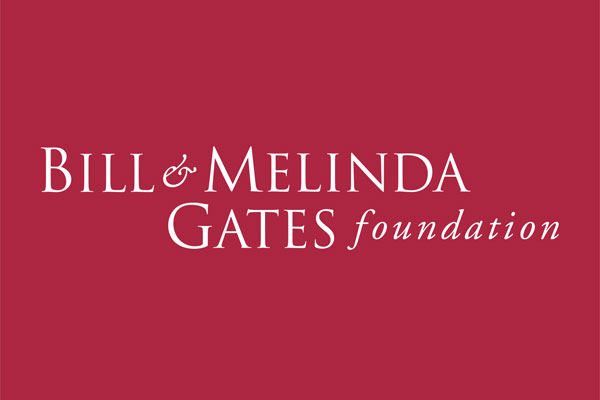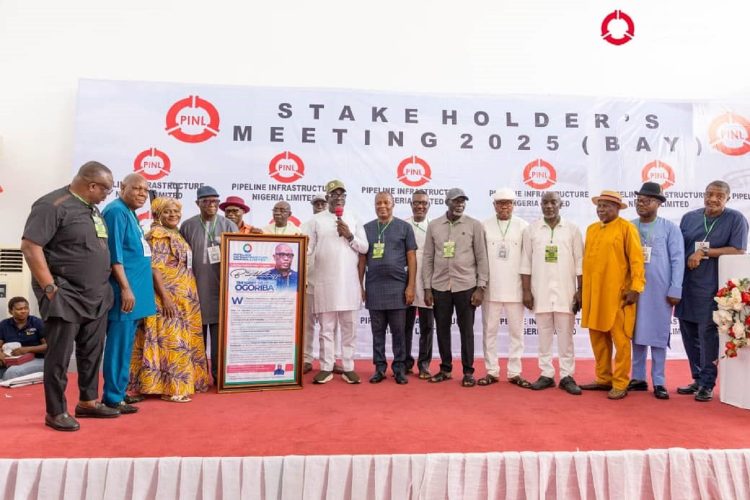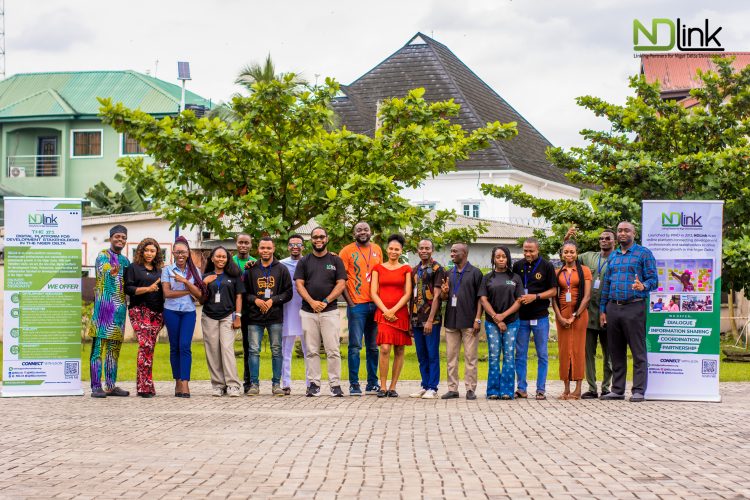
UN, Gates Partner To Boost Family Health In Developing Countries
April 22, 2014
Nigeria secures N24.3 billion ADB loan for Agriculture
April 24, 2014From the outside, conflict dynamics can be bewildering in their complexity, particularly in a country as vast as Nigeria with telescoping fault-lines and polarities. After gaining independence from the United Kingdom in October 1960, the country fell into a civil war that killed over a million people before it finally ended in 1970. Military rule gave way to the Fourth Republic with the election of Olusegun Obasanjo in 1999. Since then conflict in Nigeria has included an insurgency in the Niger Delta which deescalated in 2009 as a result of an amnesty program for militants, periodic outbreaks of killing in the Middle Belt, and rising levels of violence in the Northeast. In April of 2011, hundreds were killed in post-election violence across the North. Violence ranges from the criminal, to intra-communal, inter-communal, ethnic, sectarian, political, and regional.
But in the midst of all this confusion are regular people just trying to go about their daily lives. Here is a series of video diaries told by men and women in their own words about the things they’ve seen and experienced. They know first-hand the ways that conflict affects their communities. Because of this they stand resolutely for peace. Some of these stories make for useful case studies for those interested in conflict analysis. But mostly, these stories let us see the world for a moment through their eyes.
It can sometimes be difficult for those living in a conflict-free zone to fully comprehend the challenges, threats, and trauma involved in being in the heart of violent conflict. These testimonials, produced by our colleagues at Partners for Peace, are beneficial for both those who are familiar with the Nigerian context and those who aren’t. For those already well acquainted with the Nigeria, these videos can be a reminder that everyone’s experience is worth sharing in order “to understand and address the root causes of conflict and build peace.†[1]
Over the next few weeks, we’ll be taking a closer look at each of these stories, in order to learn what we can about conflict and how to better promote sustainable peace in Nigeria and around the world. We invite you to share their stories in order to amplify the voices of those directly affected by conflict in Nigeria. P4P will be adding more video diaries throughout the year.
 |
Dr. RoseDr. Rose remembers an airstrike during the civil war in 1968. She fled on foot, carrying her little brother and scaled a fence while bombs fell into her kitchen. |
 |
AshafekokhianAshafekokhian’s tells about living as a Nigerian businessman in Ivory Coast. When violence broke out in his neighborhood, he took his wife and his Bible and ran through the shooting and the teargas. Click Here. |
 |
FortuneFortune recounts her struggle to rescue loved ones trapped without food and water in the midst of chaos. Through determination and courage she was able to get her elderly mother out of the city. When violence breaks out, it is the children and the elderly who suffer the most. Click Here. |
 |
CarolCarol tells about hiding in a hair salon as a firefight raged outside. Click Here. |
 |
NkoroNkoro tells about surviving a brutal attack by a gang of criminals while at university. Now she is a lawyer working for human rights. Click Here. |
 |
NamonNamon tells about giving birth in the bush while fleeing inter-communal land conflict. Click Here. |
 |
OkoroOkoro tells about a clash between vigilantes and youth protesters. Click Here |
 |
Dr. SharonDr. Sharon tells about how he was targeted with political violence during a local election in Imo State. Only after forgiveness and reconciliation took place could people resume their lives and move forward.Click Here.
|
This blog post was written by Laura Brisard. Fund For Peace, Washington DC.









